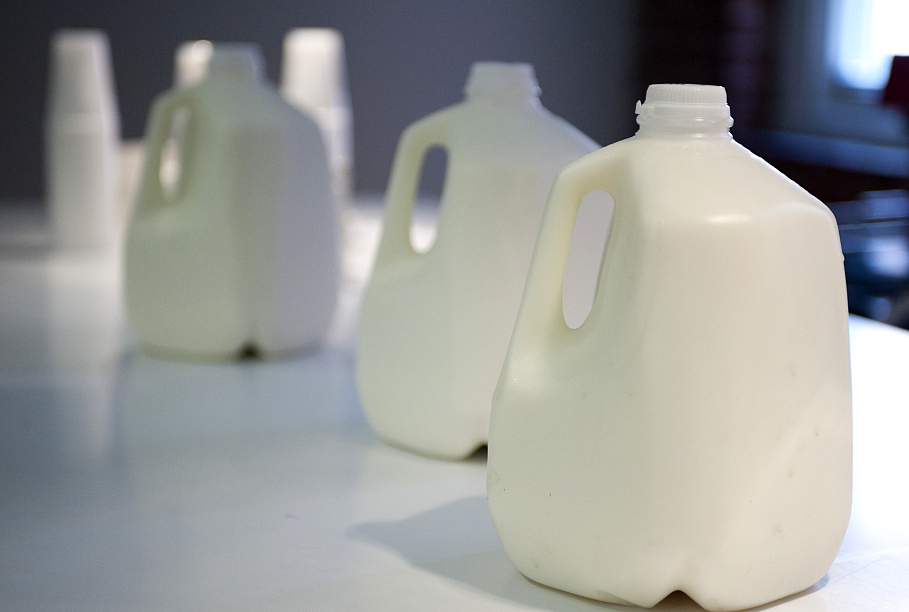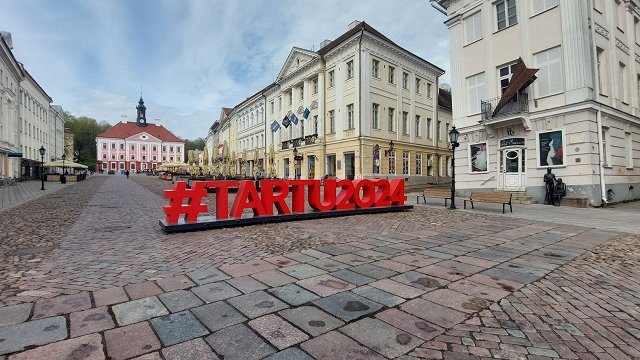11,812 farm holdings in Latvia produce 980,000 tons of milk per year, according to data from the Ministry of Agriculture (ZM). Although the number of dairy farms has fallen by 27% over five years, the volume of milk purchased has decreased by only 2.1%. Farms are growing both in numbers of cows and in production volume. Latvia produces 40% more milk than is needed for local consumption, and about 60% of the production in the sector is exported.
In 2019, exports of milk and dairy products amounted to EUR 252 million, last year exports due to Covid-19 decreased by 4% to November, reaching EUR 223 million. According to Inga Gulbe, head of the Agricultural Market Promotion Centre (LTVC), the Covid-19 pandemic has affected dairy farming, but the sector remains stable.
"The major export end destinations have not changed, there has been a drop in some places, such as Lithuania, Germany and Estonia. But at the same time, we have managed to start exports to about 10 emerging markets, such as Tunisia, Chile, Turkmenistan. The increase is in Morocco, Ukraine, Kazakhstan.
"Tourism has stopped, restaurants closed, but household consumption in retail has increased. There are some product groups, such as butter, which was exported by 200% more than in the previous year, as well as whole milk powder; a decrease was observed in exports of skimmed milk powder and some hard cheeses. (..) The price of milk has not increased but declined a bit, but it is now forecast that the price could rise," said LTVC's chief executive.
ZM estimates show that during the first outbreak of Covid-19 producers' revenue in the dairy sector decreased by 9%, between the summer and September by 7.7%. Those whose income fell by at least 5% and more, received subsidies totaling €20.6 million.
Aldis Klaviņš is the owner of the Rūjiena municipality dairy farm “Ceriņi” and has 370 dairy cows in his herd. On average, the price of milk decreased by 10%, but the farmer acknowledged that the sector has a perspective for the future.
"The price dropped 10%, now [there has been] a 4% increase. We have to adapt to price fluctuations (..). There are people in Latvia who are still ready to work in the dairy sector, and who know how to do it. We produce a lot more dairy products than we can consume ourselves. Latvia is a dairy exporting country. It is important for Latvia to develop external markets outside Latvia, then the Latvian dairy sector can also be developed, "said the dairy farmer.
A year ago, a Baltic dairy co-op consisting of 100 Estonian and 60 Latvian farmers was formed through the merger of the Estonian co-op “E-Piim” and the Latvian Milk co-op “Piena Ceļš”. E-Piim owns several plants in Estonia and Jaunpils dairy in Latvia. The co-op's board member, Jānis Bērtulsons, said that new lactose-free dairy products are currently being developed in Jaunpils.
"Lactose-free cottage cheese has a small production volume but has stable buyer base, someone who likes cottage cheese and dairy products but is lactose intolerant. The next project for us is lactose-free sour cream, which is also a small niche product.
"It should be understood that the Baltic States are a very small market. The local consumer is sophisticated and knowledgeable, but there are fewer buyers, so we must be innovative and efficient," Bērtulsons said.
The head of LTVC Gulbe estimated that the dairy sector has a future in Latvia, as the world's consumption of dairy products is increasing, and both large industrial and small biological owners and home producers can find their niche in dairy, which can compete successfully on the global market in terms of both volumes and quality.






























